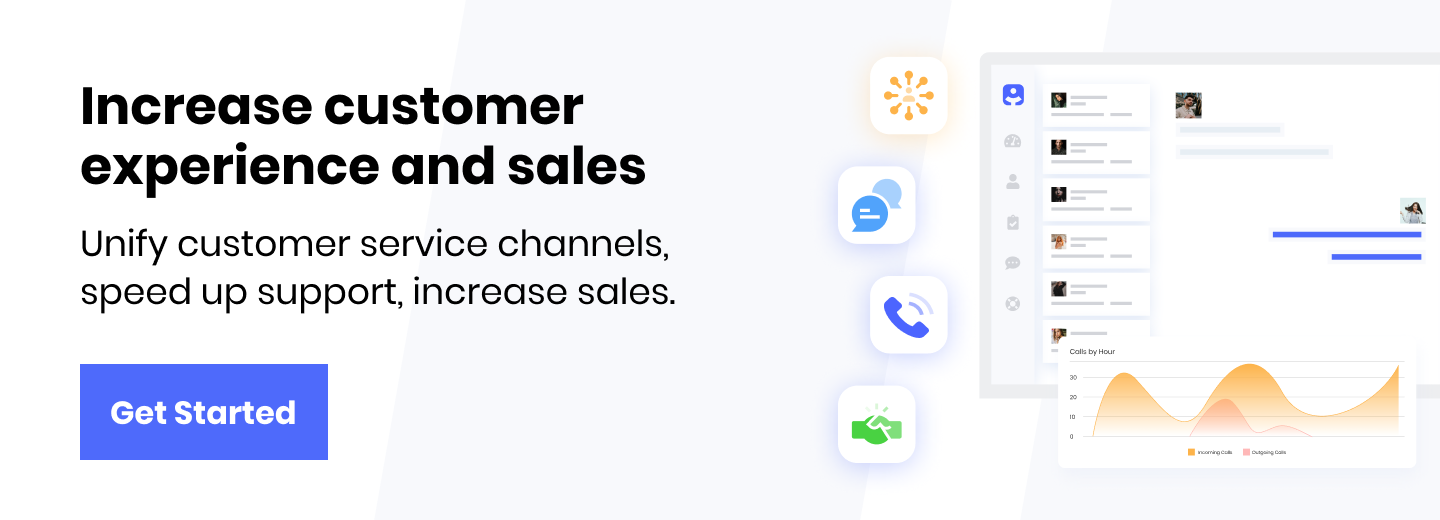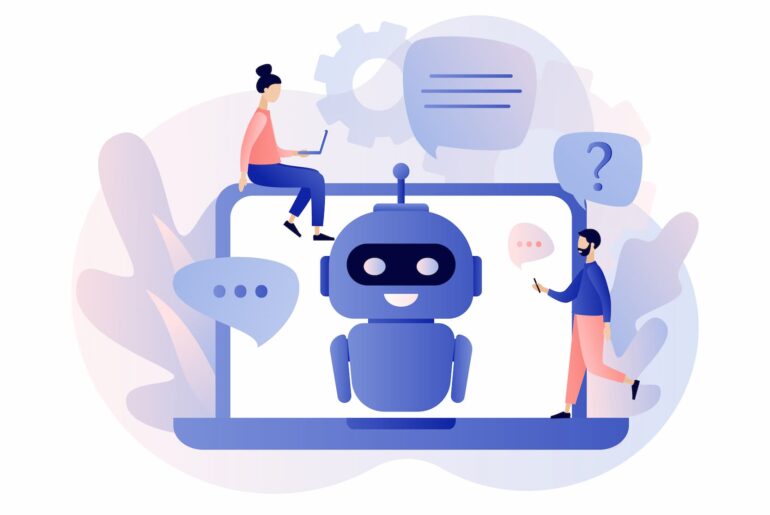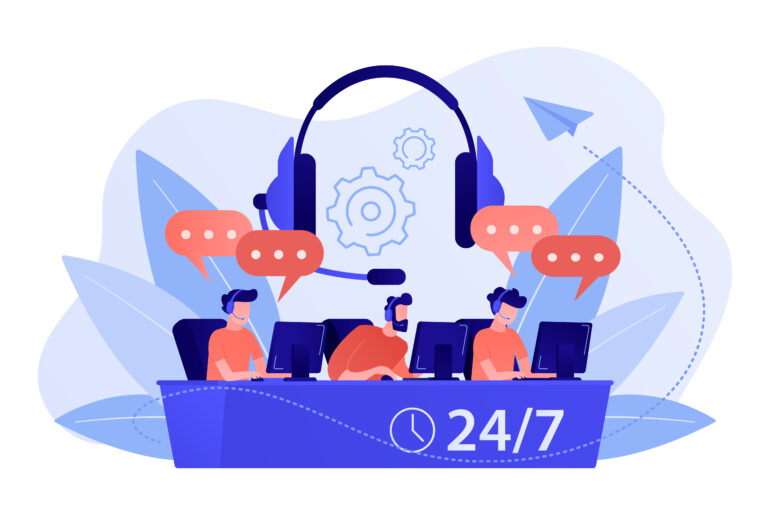The importance of listening skills in customer service cannot be underestimated. Actively listening to customers requires a variety of skills and many skills can be learned personally or through team training. So, how can call center agents to improve their listening skills?
Why Is Active Listening Important in Customer Service?
Customers want problems resolved quickly. For this reason, when they contact customer service for an existing problem, they expect problems to be understood immediately. At this point, the high listening skills of customer service representatives provide that the process moves faster and increases customer satisfaction.
Being an active listener also improves communication with customers. Customers often expect to be understood rather than problems. At this point, taking an empathetic approach is one of the most important indicators of active listening. As a result, active customer service’ listening skills will increase customer satisfaction as well as the success of the company.
How Can Call Center Agents Improve Listening Skills?
Most customer service teams know they must listen to customers, but don’t quite know how to do that. This leads to bad customer experience and loss. In fact, according to a recent study, 82% of customers leave companies that don’t listen to and value them. At this point, it’s more important for agents to improve their listening skills. So, how can they do this?
1) Show That You Listen

Just listening to customers’ problems doesn’t make sense. You must respond to what is said to keep the communication positive. At this point, you can say sentences like ‘I understand you, I’m listening to you’ to show customers that you’re listening to them. This will show them that you’re listening and that you approve of what they’re saying.
2) Avoid Distractions
If there’s a breakdown in communication, one of the main reasons for this is the inability to pay attention to what is being said. Call center agents should also avoid distractions for a good communication process. For example, putting as few items on the table as possible, and not looking at other things on the computer while talking will prevent distraction. In this way, you can understand what customers say more clearly and avoid distractions.
3) Ask Questions

The most important part of being an active listener is asking questions to get to the root of the problem and understand how you can help solve it. When customers tell you problems, you can show that you’re listening by using question phrases like ‘Can you provide more detailed information’ or ‘Where exactly are you having problems’. Thus, you can understand the problems more clearly and solve them faster.
4) Use Positive Language
Communicating with angry customers isn’t always easy. Especially when listening to problems, using expressions like ‘I’m sorry’ or ‘I can’t solve this problem right now’ can make them angrier. At this point, positive language should always be used for a healthy communication process and to be an effective listener. Positive language helps to eliminate the stress of customer service calls.
5) Attend Training

If you know the importance of listening but don’t know how to gain this skill, you can attend various training on this subject. In the digital world, it’s now so easy to access most training for free or paid! You can attend training on various platforms and improve your active listening skills. You can also ask your company to organize such a training or seminar. Moreover, by getting a certificate of participation in this kind of training, you can add it to your CV and use it in job interviews.
The Easy Way to Manage Communication Channels: Infoset
For a perfect customer experience, it’s necessary to maintain effective communication with customers. At this point, with Infoset’s omnichannel customer service system, you can manage all support and sales channels on a single platform and automate all processes. Start using Infoset today to take customer experience to the next level and increase sales!






